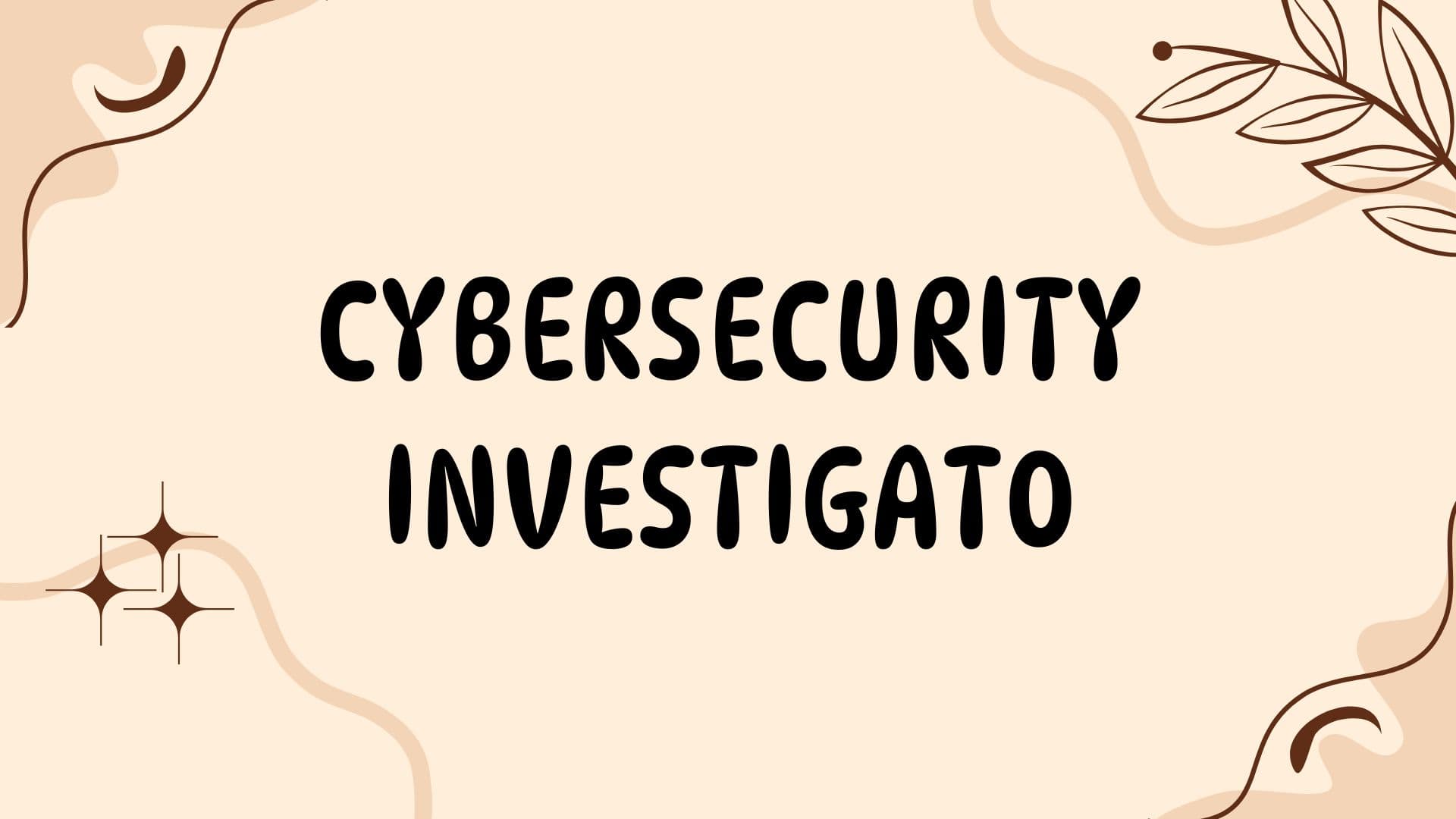
Table of Contents
1. What is a Cybersecurity Investigator?
A cyber investigator is a trained and skilled investigator or detective who collects evidence of cybercrime from computer systems to help arrest Internet, computer or cyber criminals. They have the skills to uncover illegal activities that exist within complex networks. Billions of dollars are lost every year to repairing systems that have been hit by cyberattacks. Some attacks have even paralyzed critical systems, disrupting or even shutting down hospitals, banks and emergency call centers across the country. Cybercrime investigators gather the necessary information to stop cybercriminals from carrying out their nefarious activities.
2. Essential Skills for Cybersecurity Investigator
Proficiency in using forensic tools, analyzing data, and collecting/preserving evidence from various digital sources. Understanding of network architecture, protocols, and security measures. Proficiency in operating systems, familiarity with Windows, Linux, and other operating systems, including their security features and vulnerabilities. Expertise in programming, knowledge of programming languages such as Python or C++ for scripting, automation, and reverse engineering. Ability to perform security analysis of malware, ability to identify, analyze, and reverse engineer malware to understand its behavior and origin. Proficiency in using SQL for database query and analysis.
3. Career Insights: Salary, Outlook & Related Roles
(1) Cybersecurity Investigator Salary
According to data from ZipRecruite, the average annual salary for a Cyber Investigator in the United States is $128,882 as of April 20, 2026. If you need a simple salary calculator, that works out to be approximately $61.96 an hour. That works out to $2,478 per week or $10,740 per month. The majority of Cyber Investigator salaries currently range from $113,000 (25th percentile) to $146,500 (75th percentile), with top earners (90th percentile) making up to $157,500 per year. The average salary range for a Cyber Investigator varies greatly (as much as $33,500), which means there may be many opportunities for advancement and increased pay based on skill level, location, and years of experience.
(2) Job Outlook of Cybersecurity Investigator
The job outlook for cybersecurity investigators (or more broadly, information security analysts) is very positive, with projections showing strong growth in the coming years. The U.S. Bureau of Labor Statistics (BLS) predicts that employment of information security analysts will grow 33% from 2023 to 2033. This growth rate is much faster than the average for all occupations, which means that job opportunities will increase significantly.
(3) Similar Occupations
- Information Security Analyst
- Security Engineer
- Penetration Tester Digital Forensics Analyst
- Cybersecurity Analyst
- Cyber Defense Analyst
- Computer forensics investigator
- Surveillance investigator
- Compliance investigator
- Policy enforcement investigator
- Financial crime investigator
- Fraud investigator Researcher
4. How to Become a Cybersecurity Investigator?
(1) Obtain a bachelor's degree for your Cybersecurity Investigator
The first step to becoming a Cybersecurity Investigator is usually to earn a bachelor's degree in criminal justice, cybersecurity or computer science, according to the Cybersecurity Guide document. The necessary education is a stepping stone to the profession.
(2) Have a professional certification
Employers often consider hiring investigators who have relevant certifications, so having relevant professional certifications can help kick-start an investigator's career because it demonstrates the investigator's professionalism and commitment to the field. Cisco's Cybersecurity Professional Certification demonstrates your expertise in cyberattack prevention, incident response, and cloud security. Get Cisco Cybersecurity Professional Certification to advance your career.
(3) Gain internship experience
Look for an investigator who has extensive experience handling large enterprise cyber incidents. Having experience in your specific industry can be a significant advantage. This ensures they understand the unique challenges and regulatory requirements your company faces.










